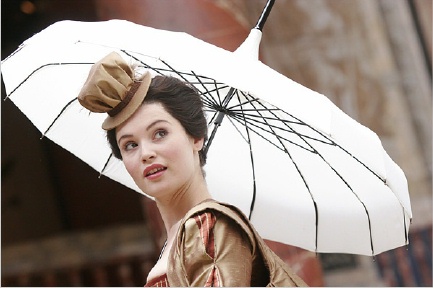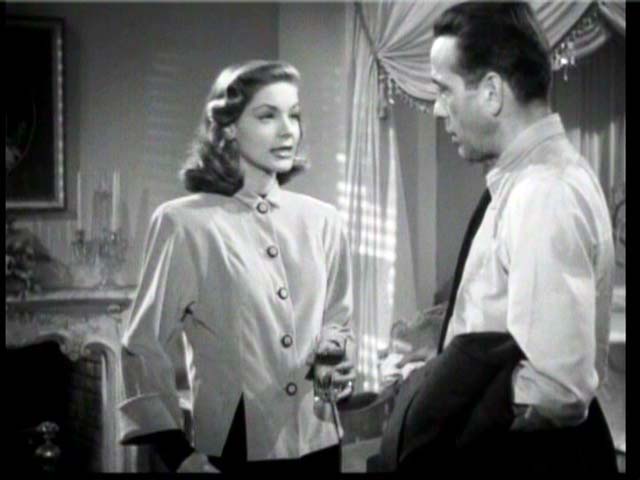 OK, let’s just put a few cards on the table: There is a certain variety of reality television show that can be practically irresistible to Art Scatter, at least its lesser precincts. Bravo’s Project Runway,” on which younger or youngish or young-in-spirit fashion designers compete each week for exposure, of course, and some fabulous prizes, of course, has become one of them. The affinity began with This Old House, which managed to consume ALL of our home improvement impulses in one easy, painless half hour a week that didn’t involve ego-destroying contact with dangerous tools. Perfect! Others that have attracted us include Dog Whisperer with Cesar Millan, who attempts to show you how to reduce your dogs to a state of “calm submission” and even Supernanny, who attempts to reduce human children to a state of “calm submission.”
OK, let’s just put a few cards on the table: There is a certain variety of reality television show that can be practically irresistible to Art Scatter, at least its lesser precincts. Bravo’s Project Runway,” on which younger or youngish or young-in-spirit fashion designers compete each week for exposure, of course, and some fabulous prizes, of course, has become one of them. The affinity began with This Old House, which managed to consume ALL of our home improvement impulses in one easy, painless half hour a week that didn’t involve ego-destroying contact with dangerous tools. Perfect! Others that have attracted us include Dog Whisperer with Cesar Millan, who attempts to show you how to reduce your dogs to a state of “calm submission” and even Supernanny, who attempts to reduce human children to a state of “calm submission.”
Back to Project Runway, though. Which is different for me because I have absolutely no desire to design clothing and there’s no calm submission involved. In fact, chortling at the fashions in the New York Times has always been something I shared with my wife, a way to bond. Who thinks up these get-ups, I’ve often wondered. Thanks to Project Runway, I now know, and not only that, I get to see them work in the most stressful situations — and frankly, after last night’s episode, it looks as though the stress is starting to win.
So is Portland’s own Leanne Marshall! Leanne (aka Leanimal) has won two consecutive episodes (or “challenges”). We LOVE her. For a while, she looked like the least likely to succeed, so fragile personally and so quirky of spirit and design. But Leanne has untapped reservoirs of spunk, and to go with her coolness under pressure, she’s developed a cool designing style that has won over the judges, who included Diane von Furstenberg last night. By cool, I simply mean sleekness of silhouette, luxurious fabrics, impeccable craftswomanship and coherent design ideas (see! I’m learning my terms!). Quirks lurk but they don’t take over — they add charm and visual interest. There are some other excellent designers, too, and I wouldn’t be crushed if, for example, Korto won. She has great ideas and sticks by her guns (a yellow highlight on a black and white print last night, which Tim Gunn, who acts as a sort of designer handler for emcee Heidi Klum, had serious reservations about during the process, but which Korto insisted on using). We love you too Korto!
I can’t wait to get to work to talk last night’s episode over with Kristi Turnquist, who is a devout follower of the show and posts on Oregonlive.com about it after every episode.








